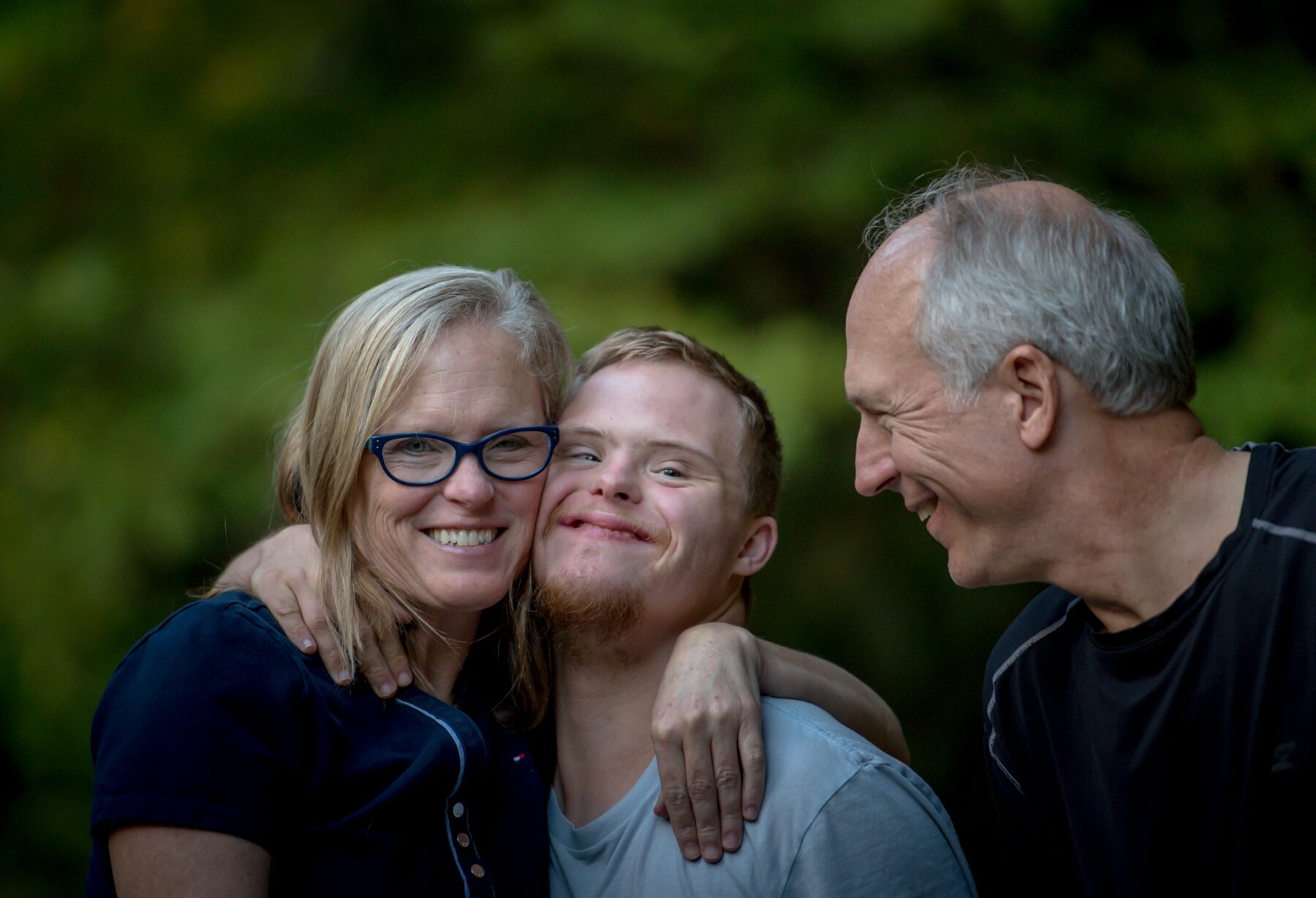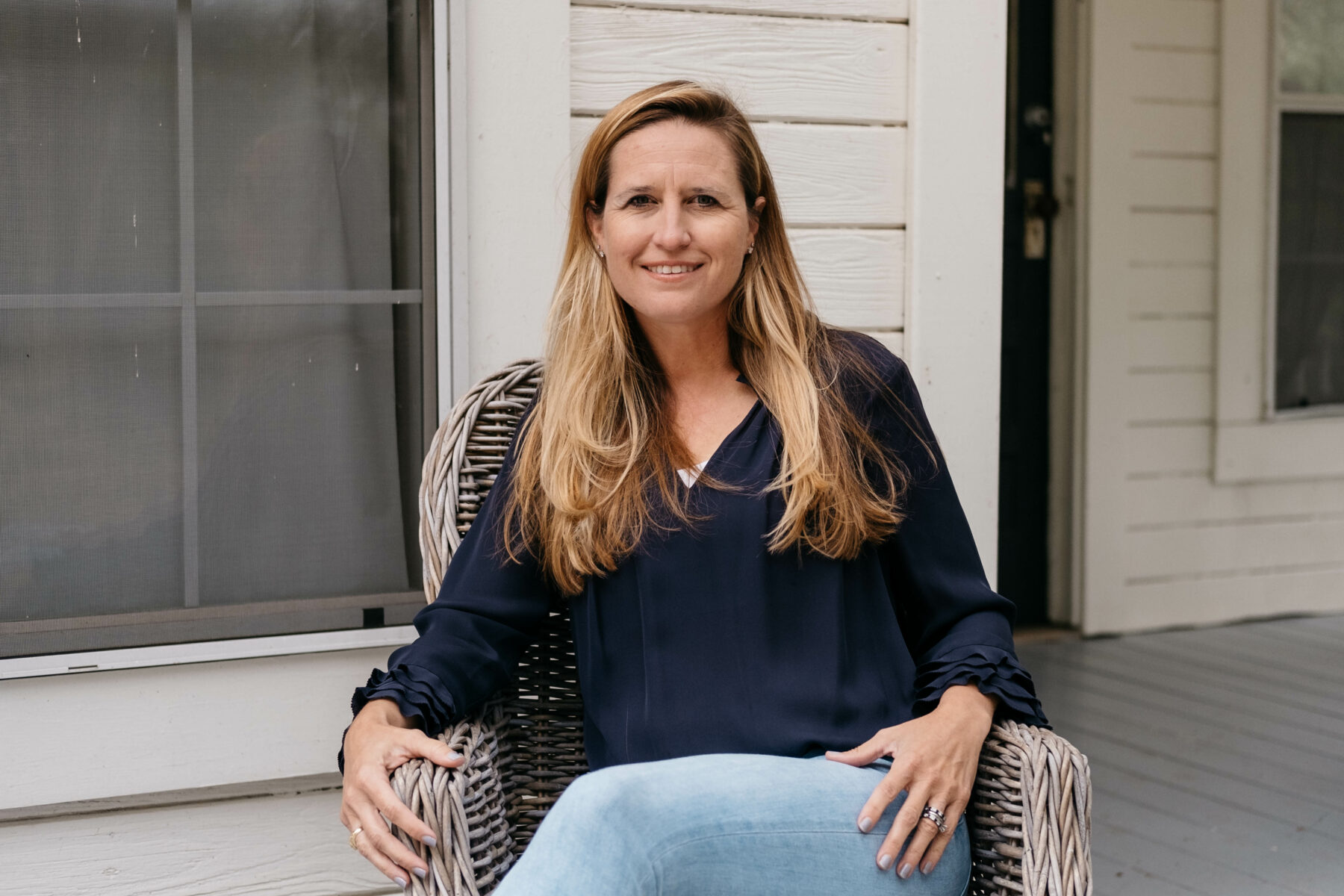The Nuances of Mental Health Across Generations

Navigating mental health is already full of complexities and when you pair that with the effects of different life stages, it gets even more complicated.
Thankfully, there are a growing number of options for support and treatment. Here are some considerations for each generation when it comes to maintaining mental health.
Generation Alpha (2013-2025)
Children are ever-developing little humans whose worlds are constantly changing, with new opportunities and challenges at every turn. With this comes struggles and uncertainties, which can lead to mental health issues. 
These days, children face many stressors coming out of the pandemic, including isolation and social anxiety. ADHD and behavioral challenges are some of the most commonly-diagnosed issues, as well as depression and anxiety, which are occurring at a higher rate than ever before.
To build and care for your child’s mental health, talk to them in a developmentally-appropriate way. Ask questions, and let them know it’s OK to confide in you when they’re sad and worried or celebrate with you when they’re happy and excited. Regardless of developmental needs, all children thrive when provided outlets to express themselves in hobbies, arts, sports, and most importantly, free play. Remind children that their feelings are valid and support is available.
Lastly, children are susceptible to our stress as parents. They pick up on both verbal and nonverbal clues and are actively reading their environments, searching for safety and secure attachment. Prioritizing your well-being is crucial when caring for others at any stage.
Generation Z (1995-2012)
Research suggests Generation Z is the most anxious to date, and the American Psychological Association notes that 91% of Gen Zers have experienced psychological or physical symptoms of stress. These issues are fueled largely by the pandemic, societal uncertainty and technology. Social media can create an environment ripe for comparison and self-esteem concerns, taking issues teens have faced for generations and magnifying them exponentially.

Much like parenting young children, guiding adolescents is no easy task. Continuing to build your own well-being, along with your relationship with your teen, is a great way to invest in their well-being. Finding active, intentional ways to spend quality time together allows space for them to open up and confide in you. Set age-appropriate boundaries and provide safe, fun activities where your teen has both agency and clear limits. Talk about substance use and other high-risk activities.
One thing I’ve found in my private practice is that struggling teens often have too much agency in things they’re not developmentally ready for and not enough agency in defining their own path. Encouraging new opportunities and outlets for expression helps your teen find their interests and passions. For parents struggling to provide connection and support, keep in mind that a neutral, non-judgemental perspective can help.
Millennials (1980-1994)
Young adulthood brings many opportunities and pressures. Choosing a career or life partner, learning to care for ourselves and possibly a family of our own, and juggling other aspects of maturity can seem overwhelming.

All of this complexity is compounded when the future seems uncertain, which may be why around half of the young adults in a U.S. study struggled with mental health during the pandemic. Unfortunately, more than a third of these individuals went without treatment, as young adults often experience barriers such as time, location or budget constraints.
In this stage, tasks seem never-ending, and finding time seems impossible. Hobbies, regular exercise, quality sleep and a strong community are important protective factors for young adults. Remember that there are often workarounds to treatment barriers, such as online and income-based options.
Generation X & Xennials (1965-1985)
Hopefully getting older means we’ve come to know ourselves a bit better, have settled into a career, and are possibly raising and launching children into their own adventure. However, having life experience, gained wisdom and the clear realization that we’re “adults” doesn’t mean we’re immune to mental health issues.

Research shows middle-aged adults now experience worse mental health than previous generations, reporting higher stress and poorer psychological and physical health. Depression, anxiety and even suicide are more prevalent, and many of these increases began pre-pandemic. This clearly illustrates a higher need for support.
While there is increasingly less stigma surrounding mental health, the challenge for us Gen Xers and Xennials is that embracing treatment may not have been a part of our past and likely won’t be our default solution. However, the options for growing and healing are beneficial for us. I believe each of us in this stage has the greatest opportunity to grow, develop, build and impact ourselves as well as the many people and systems we lead and participate in.
The Silent Generation & The Greatest Generation (1910-1945)
While it’s clear the pandemic affected people of all ages, seniors experienced some of the highest health and social risks, including severe isolation, hospitalization, death and, in some cases, all three.

Even before 2020, depression was extremely common among older Americans. Chronic pain, physical and cognitive impairments or losing a life partner can all cause feelings of hopelessness and despair. Pre-pandemic, these challenges were often navigated with the support and encouragement of friends and family through quality time together.
Research shows that seniors benefit from supportive social connections. Consider whether you can prioritize socialization now that options like vaccines exist. Clubs, support groups and local senior centers provide connection, alleviating feelings of loneliness. Exercise and new hobbies and interests can also lead to well-being and connection, as well as time with family and friends.
How to Seek Support
Regardless of the stage of life, quality therapeutic support can be an investment for the entire lifespan — to help process feelings and set goals, increase happiness and fulfillment, and have a positive impact on those around you. Ultimately, the choice starts with you.
About the Author

Ceci Hudson Torn is a licensed professional counselor, the co-founder and chief operations officer of Ethos Behavioral Health Group, and the CEO of Ethos Wellness. Torn has led an exemplary, long-spanning career in mental health and finance that, along with a wealth of experience at one of the nation’s largest residential summer camps, provides a unique lens to approach building mental health and matching treatment at all levels, for all ages. A mother of five who has been married to her best friend Chris for 24 years, her passion is helping others through both her work at Ethos and her work with Chris at Camp OTX.






